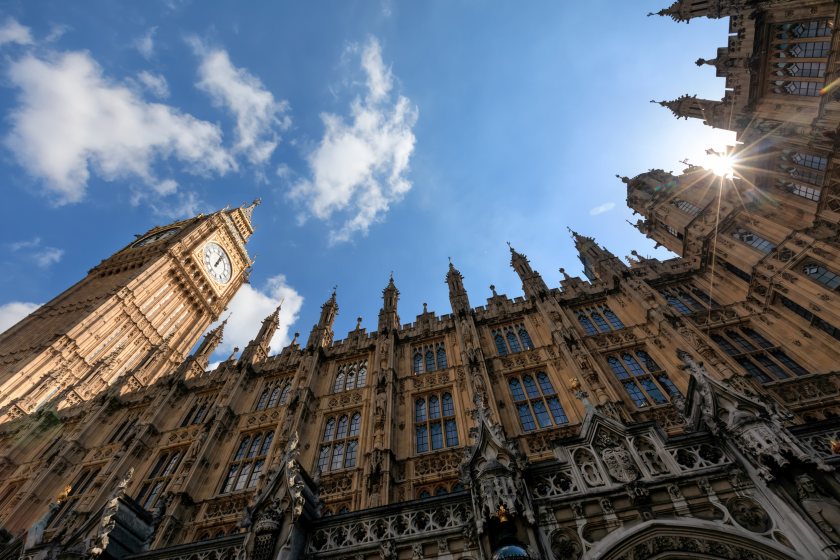
Today's spring statement delivered by the chancellor was all about spending cuts, with pressing issues affecting farmers and landowners going unaddressed.
Rachel Reeves delivered a new round of spending cuts today (26 March) to battle stalling growth as she tries to balance the government's books.
She warned the Commons that the "world has changed" following recent geo-political events, while confirming that the OBR had cut UK growth forecasts in half, to just 1% for 2025.
The watchdog now forecasts inflation to average 3.2% this year, up from the 2.5% it predicted in October, while progress on productivity is expected to be slower.
The tax burden is set to reach a record high of 37.7% of GDP by 2027-28, up from 35.3% this year, with frozen tax thresholds causing greater financial strain for Brits.
Ms Reeves ruled out additional tax hikes but unveiled new initiatives aimed at combating tax avoidance, to help generate an extra £1 billion.
She revealed additional welfare cuts, including a 50% reduction in the health component of Universal Credit for new claimants, followed by a freeze.
Looking at the farming industry, the chancellor did not grant any concessions for family farms impacted by the government's controversial inheritance tax policies.
No changes were announced to the £1 million cap proposed in last October's autumn budget in respect of agricultural property relief (APR) and business property relief (BPR).
It comes as concern among farmers increased even further earlier this month, as Defra pulled up the drawbridge to the Sustainable Farming Incentive (SFI), leaving many uncertain for their future.
Reacting to the spring statement, NFU President Tom Bradshaw warned that confidence and investment within the farming industry was "plummeting".
“I agree with the chancellor, our world is changing, and we are facing an increasingly insecure global stage," he said.
"Safeguarding our food security is an essential part of the nation’s ability to remain resilient to international shocks.
“We want to work with government to deliver the foundations for food security, economic growth and environmental delivery and we have the blueprints to support this."
Simon Blackburn, head of agriculture at London law firm Wedlake Bell, explained that this spring statement was all about spending cuts.
"Many issues which the autumn statement raised and that are very important to people across the UK remain unaddressed," he said.
"Despite this, there was a promise of a drive to increase housebuilding, which will likely be welcome news to housebuilders and landowners alike."
James Gilboy, a regenerative farmer at Downlands Estate in Hampshire, warned of a "very dark time" for British food production.
He argued that the Labour government's policies would negatively affect businesses striving to adopt sustainable farming practices.
Mr Gilboy said: "Policies that impose financial burdens on farmers will only discourage them from pursuing more sustainable farming methods.
"The removal of the Sustainable Farming Incentive sends a clear message to UK farmers that sustainability doesn’t matter."
He went on to warn: "It’s a dark day for the environment and the countryside, which farmers across the UK work tirelessly to protect and sustain.”
